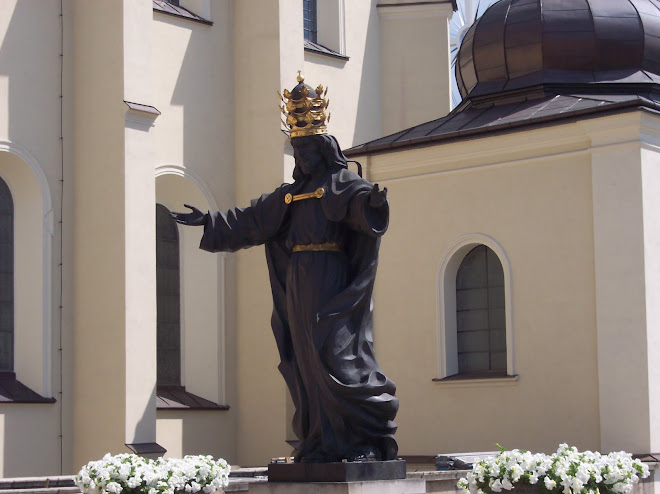This prime example of german culture, erich von dem bach,
and his german thugs did this
R.I.P.
Photo depicting Polish civilians murdered by German SS forces in Warsaw Uprising, captured from a film by insurgent documentation cell. According to Piotr Gursztyn it was taken at the backyard of the tenement house at 111 Marszałkowska Street where SS unit executed around 30–44 Polish men, women and children (Wednesday the 2nd or Thursday the 3rd August 1944). It's often incorrectly described as photo depicting victims of Wola massacre.
Think, please, of the terror in this five or six story tall block of flats, as members of the 'herrenvolk' smash in your door, order you and your family at gunpoint into your communal back yard, and spray you with bullets. Your little daughter in her new shoes dies with you.
Think, too, of the smirking face of the good general.
Smiling germans watch the Warsaw Ghetto as it burns. The tall one is jurgen stroop, later hanged by the Poles.
From Wikipedia:
Bach-Zelewski went into hiding and tried to leave the country. However, US military police arrested him on 1 August 1945. In exchange for his testimony against his former superiors at the Nuremberg Trials[citation needed], Bach-Zelewski never faced trial for any war crimes. Similarly, he never faced extradition to Poland or to the USSR. During his testimony at the Nuremberg Trials, Bach-Zelewski stated that he disapproved of Himmler's aim to exterminate 30 million Slavs.[14] He left prison in 1949. In 1951, Bach-Zelewski claimed that he had helped Hermann Göring commit suicide in 1946. As evidence, he produced cyanide capsules to the authorities with serial numbers not far removed from the one used by Göring. The authorities never verified Bach-Zelewski's claim, however, and did not charge him with aiding Göring's death. Most modern historians dismiss Bach-Zelewski's claim and agree that a U.S. Army contact within the Palace of Justice's prison at Nuremberg most likely aided Göring in his suicide.[15]In 1951, Bach-Zelewski was sentenced to 10 years in a labor camp for the murder of political opponents in the early 1930s; however, he did not serve prison time until 1958, when he was convicted of killing Anton von Hohberg und Buchwald, a Sturmabteilung officer, during the Night of the Long Knives, and was sentenced to four and a half years imprisonment.[16]
In 1961, Bach-Zelewski was sentenced to an additional 10 years in home custody for the murder of 10 German Communists in the early 1930s. None of the sentences referred to his role in Poland, in the Soviet Union, or his participation in the Holocaust, although he openly denounced himself as a mass murderer.[8] Bach-Zelewski died in a Munich prison on 8 March 1972, a week after his 73rd birthday.
Bach-Zelewski gave evidence for the defence at the trial of Adolf Eichmann in Israel in May 1961. His evidence was to the effect that operations in Russia and parts of Poland were conducted by Operations Units of the Security Police and were not subject to the orders of Eichmann's office, nor was Eichmann able to give orders to the officers in charge of these units, who were responsible for the murder of Jews and Gypsies. The evidence was provided at a hearing in Nuremberg in May 1961[17]
I suppose the 200,000 Polish civilians, mostly women and children, whom he and his troops murdered in Warsaw in 1944 were of no importance to the post-war rulers of the former 'reich'.










































No comments:
Post a Comment